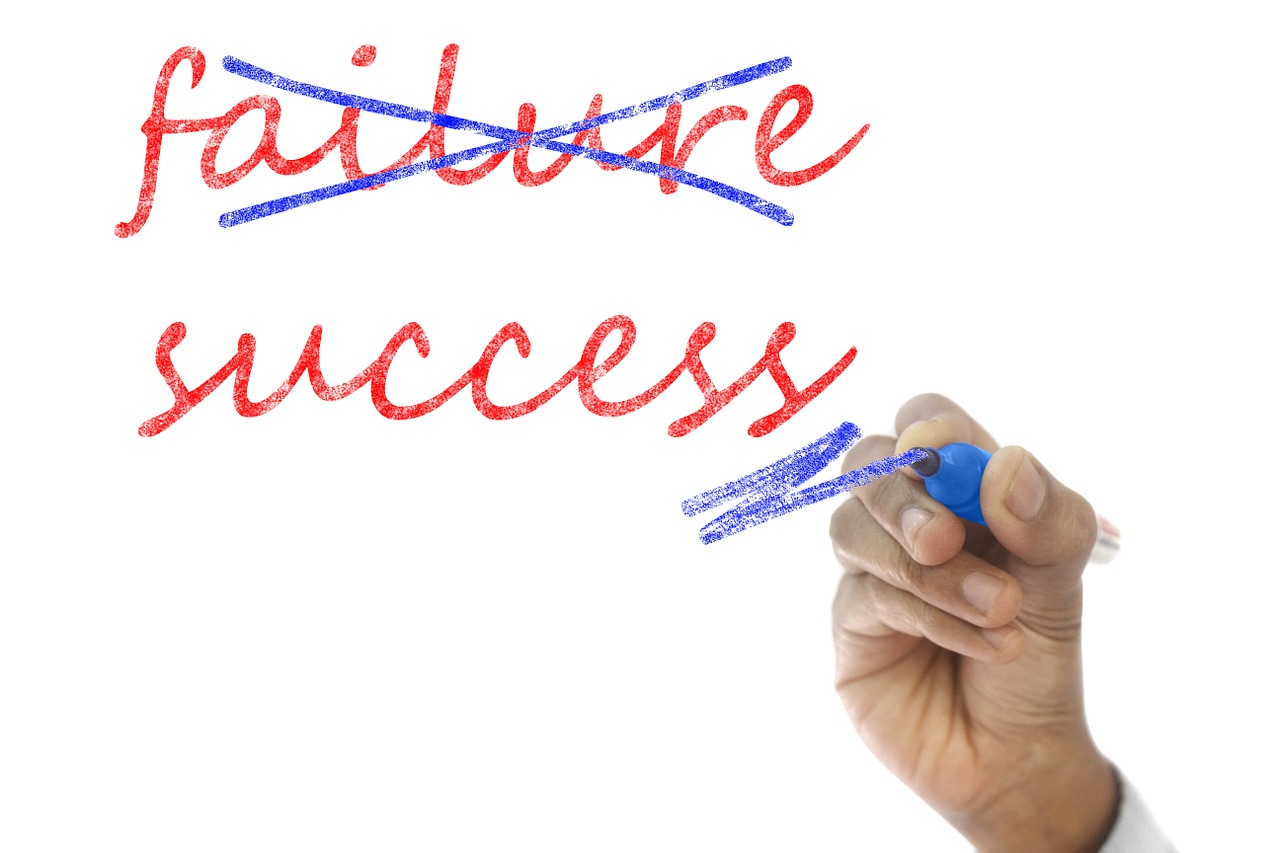Startup Failures- How to avoid
Startup Failures
“Don’t worry about startup failures. You only have to be right once”- Drew Houston- Founder-Dropbox
The word failure does not have a negative connotation in the world of entrepreneurship. All successful entrepreneurs have had failure at some stage or other. The startup entrepreneur should realize this aspect of a new venture creation and develop plans to minimize the chances of failures.

Image Courtesy:user:742680 -pixabay
Startup Failures-Major Reasons
1. Differences among partners
Partnership may be among friends or with relatives. The emotional part of relationship clouds the decision making process. Alternative views or disagreements should be viewed as constructive criticism but generally are taken as an attack on the individual. Eventually, the friendship, breaks down and in the process, the business suffers.
2.Role Clarity among team members
Startup by a team of 3-4 members needs role clarity. The team should also appoint a CEO. The CEO should be able to take hard decisions and the company cannot run on purely a consensual approach.
3.Differences with employees
Normally, startups have a few employees. The entrepreneur is close to all these employees as he had hired them right at the start. The entrepreneur should anticipate that differences will crop up and it is part of human behavior. The owner’s ego, which makes him expect that employees should obey implicitly, causes friction.
4. Overestimating capability
The startup entrepreneurs assume they have all the skills to run the organization. The enterprises stared by technical entrepreneur over focuses on technology at the expense of marketing or managing cash flow. It becomes too late to take corrective action when the crisis hits
5.Market Fit
The product or service is not meeting the market need. A few initial successes in acquiring customers through his network create an illusion of market acceptance. When the entrepreneur goes to market to acquire customers, he finds it a daunting task.
6.Business Model Failure
The business model adopted by the entrepreneur is flawed right from the beginning.
7.Running out of cash
i. Insufficient Sales to meet operational expenses
ii. Credit Sales and payment delay by customers
iii. B-B supplier and the customer business has peaks and valleys
iv. Banks may delay release of funds for acquiring assets
v. Lack of governance standards and transparency
vi. Bootstrapped Finance and inability to attract funds
vii. Ambition for a faster growth without a strong resource base
8. De-risking Strategy ( Source: The high performance entrepreneur-Subrto Bagchi)
This strategy mainly refers to IT outsourcing business. However, this is equally applicable to businesses dependant on one customer or one market.
i. Technology overdependence
ii. Customer overdependence
iii. Geography overdependence
9.Building Network & Continuous Learning
Startup is stressful. There are many things to be attended on a daily basis.The focus is on revenue and acquiring customers.Time is always in short supply.
However as a strategy the entrepreneur has to allot time for learning and network building activities to keep the business growing both in short and long term.
10.Health of the single owner
Any startup entrepreneur faces stressful situation from the word go. When he is dealing with this alone, the stress levels goes up and may adversely affect his health.
One way this problem could be overcome by having a good mentor right from the beginning. The mentor can be a family member, friend or a professional mentor.

